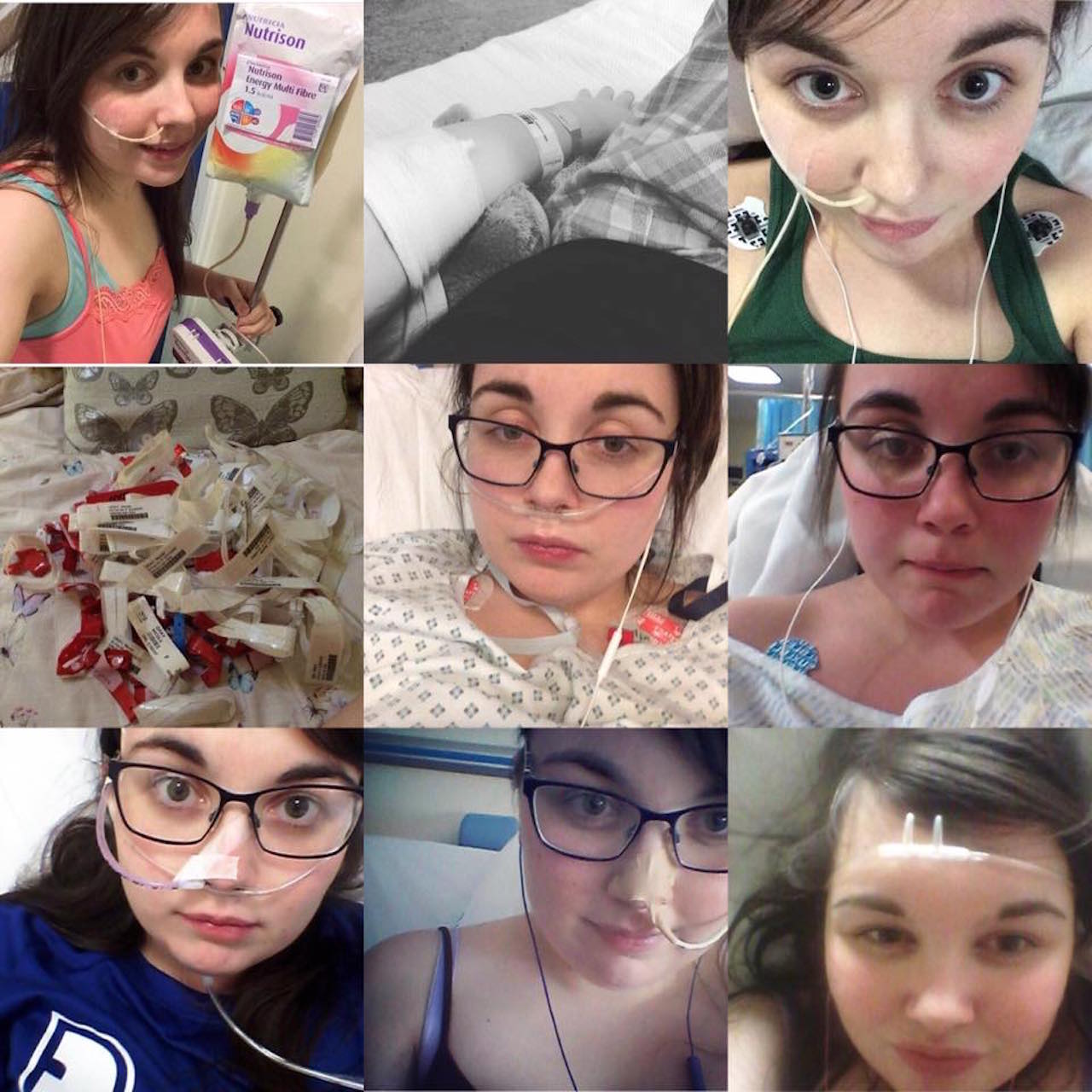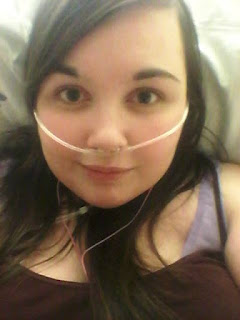“How do you do it?” is one of the major questions I receive from people when they find out about all my health problems, as well as those who see me continuing to battle on a daily basis. I never really know how to give a simple answer to that question. I guess it is really difficult for someone who is healthy to understand how a sick person functions. They try to imagine how their life would be if they had the illnesses I have, but it is impossible for them to do so. I’ve had friends watch me go through so much in my nine year battle with chronic health problems. They have been there through the good and the bad bits, but the reality is that the majority of people do not stick around long enough to see that I am a person just like everyone else.
I have come across the people who try to be polite about it, but what most are really trying to say is they want nothing to do with you because your life brings too much drama due to being sick.
You then have the people who start of like the perfect person. They are supportive, caring, kind and listen to you when you are having ups and downs. After a while, though, this wears off and you almost see their true colours underneath. They talk about you behind your back to other people. They tell about how they think you’re “a drama queen,” how you “attention-seek,” and how “over-dramatic” you are. Some even go as far as to question whether or not you are ill when you say you are. These people do not intentionally set out to hurt you, but for the most part you end up getting hurt.
Nobody should have to lose someone important to them due to something out with their control. However, as the years have gone by, I’ve lost various people who at one point meant everything to me. I have come to think that losing people is a part of living life with a chronic illness.
It is not, however, always a negative situation. Through everything I have come to realize who should truly matter to me. The people who have stuck by me through everything, have never let chronic illness get in the way and have never let me down. They never judge me even though sometimes I give them every right to and they never think I am over-exaggerating or being dramatic when I am having a bad time. I have very few people in my life whom I can truly rely on through everything. I do not blame people for not being able to handle my health issues. After all, it is very out of the ordinary and not something you really want to deal with all the time.
So going back to my question of, “How do you do it?” I guess my answer is a simple one. I just have to do it. There is no easy solution or easy way to explain it, other than I have to get through things. I have endured over nine years of chronic health problems and I have had to come to terms with a lot of things. Some of them are things that no young adult should have to think about such as:
“When is my next hospital admission?”
“What side effects could this medication give me?”
“Could this condition prove fatal?”
Others are limitations which have become apparent over the years. Things such as:
“I cannot pass my exams this year.”
“I am struggling to walk up the stairs without gasping for breath.”
“I cannot eat that because it may contain nuts.”
Sometimes it does seem like a never-ending struggle that never gets any easier, but there are many positives I have come across regarding my battle.
I feel I am more motivated than I would have been had I not gotten ill. I was so much more determined to pass my exams and to get into university when I started to struggle with my health than when I was healthy. I never let anything get in the way of my education. It did not matter that I had to repeat my last year of school or attend a seven week long summer school whilst most other people my age were out partying and galavanting away on holiday somewhere nice. I achieved something that so many thought I would not – I got to university.

Although it was more short-lived than I’d initially expected, I still gained a lot of great experiences and life skills from my time spent at university. After an initial first year and failing to complete my yearly exams due to my health and hospital admissions, I made the decision to repeat my first year in the hopes of passing the year. Unfortunately, after a second attempt at first year I was still struggling a great deal, and again hadn’t managed to complete the exams. It was then I made the heartbreaking decision to withdraw from my full-time university course I’d worked excessively hard to get into. I felt like a complete failure and like I’d let myself down so much
A short while later, I came across “The Open University.” It’s a university which provides part-time courses via distance learning. (Most or all of the learning is done via textbooks and/or online aids). I decided to apply for a part-time study course and have been a distance learning part-time student since. Although it was really hard having to accept withdrawing from full-time education, it’s also been somewhat of a blessing in disguise as distance learning has proved to work a lot better for me. I feel much more motivated and now have the ability to catch up any work I may have missed. Yes, it has proved no easy task, and yes, I still have moments where it seems like I just want to give up – but I feel more determined than I have ever been. I want to do well and pass my university degree.
I live for today. Before my health issues truly started, despite being young, I tended to dwell upon the past a lot. I would focus on the bad things that had happened and often wondered if things would get better. Now things are so different. I think about the past, but it is no longer the bane of my life. I live each day at a time. Today could be horrible and I could struggle through, but the reality that so many do not realize is that tomorrow could be so much better – it could be the happiest day of your life. I think about the things that my future may hold, but for the most part, I have hope for tomorrow. I always try to smile everyday, even if I am at the lowest of the low points and feeling like giving up. I think about the positive things in life such as my friends, my boyfriend, my family and the things I have to look forward to. These all help me get through the dark times.
In a lot of ways I am grateful for my health problems. They have caused so much pain, anguish and hurt in my life, as well as those around me. However, they have also brought hope. They have made me value the little things in life such as getting up in the morning, putting on clothes, cooking for myself – as well as the big things in life, such as finishing high school and moving out for the first time.
Like anyone I cannot predict the future. I do not know what will happen tomorrow, let alone in years to come. What I do know is I will continue to be forever grateful for those people who make my life even that little bit easier. The people who make me smile when I’m at my lowest point, who bring light at the darkest of moments and who just generally make life a better place to be. Life should not be about having lots of money or having the best job. It should be about being the best person you truly can be, as well as surrounding yourself with people who bring out the best in you.


















